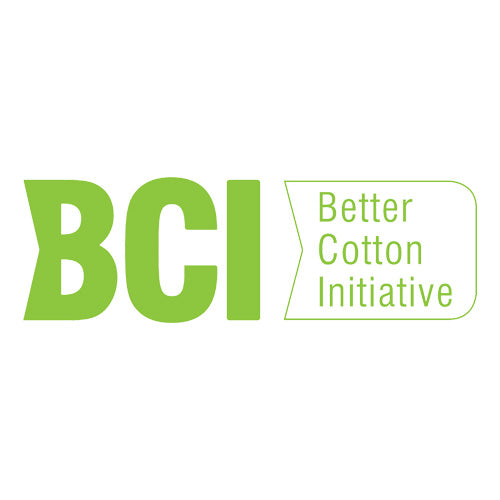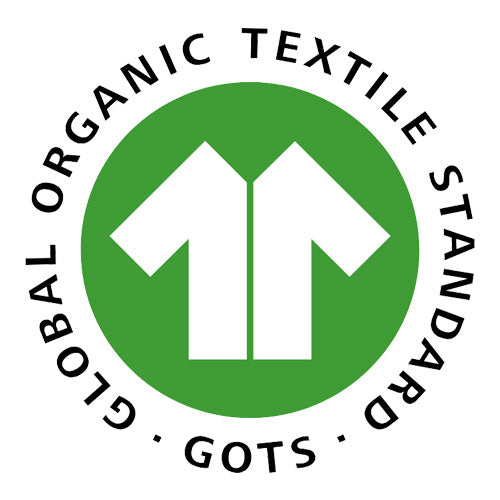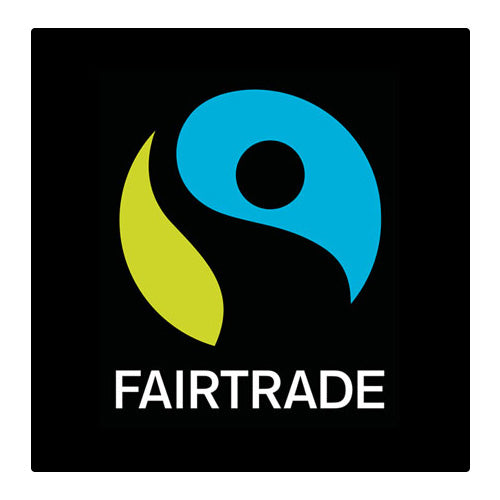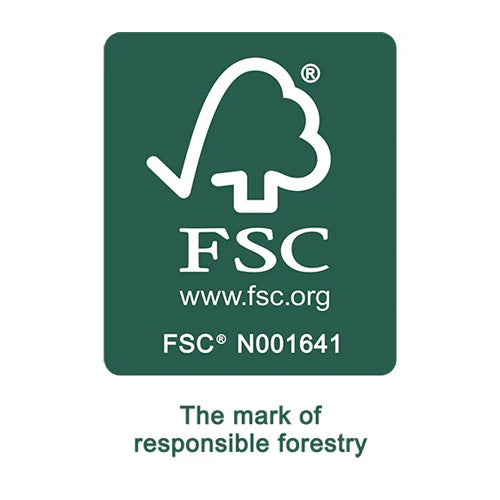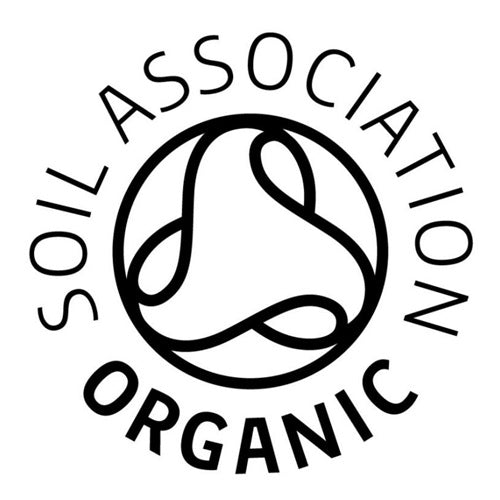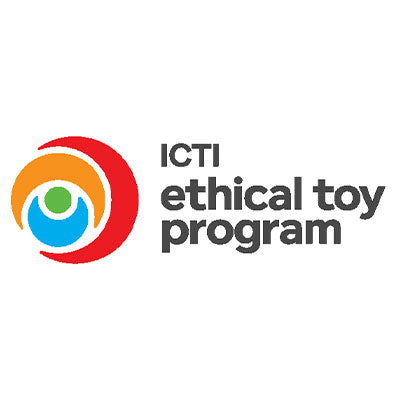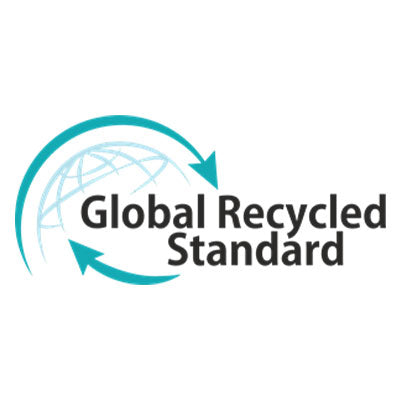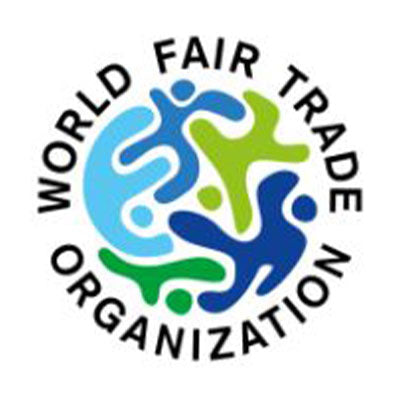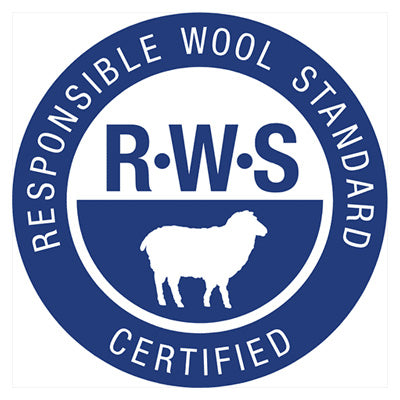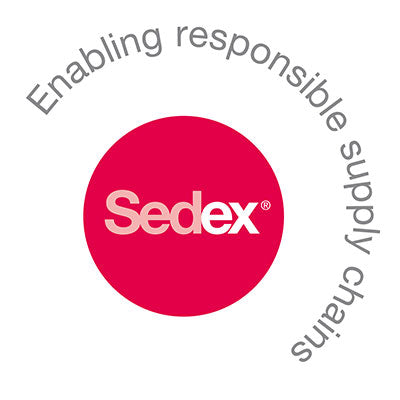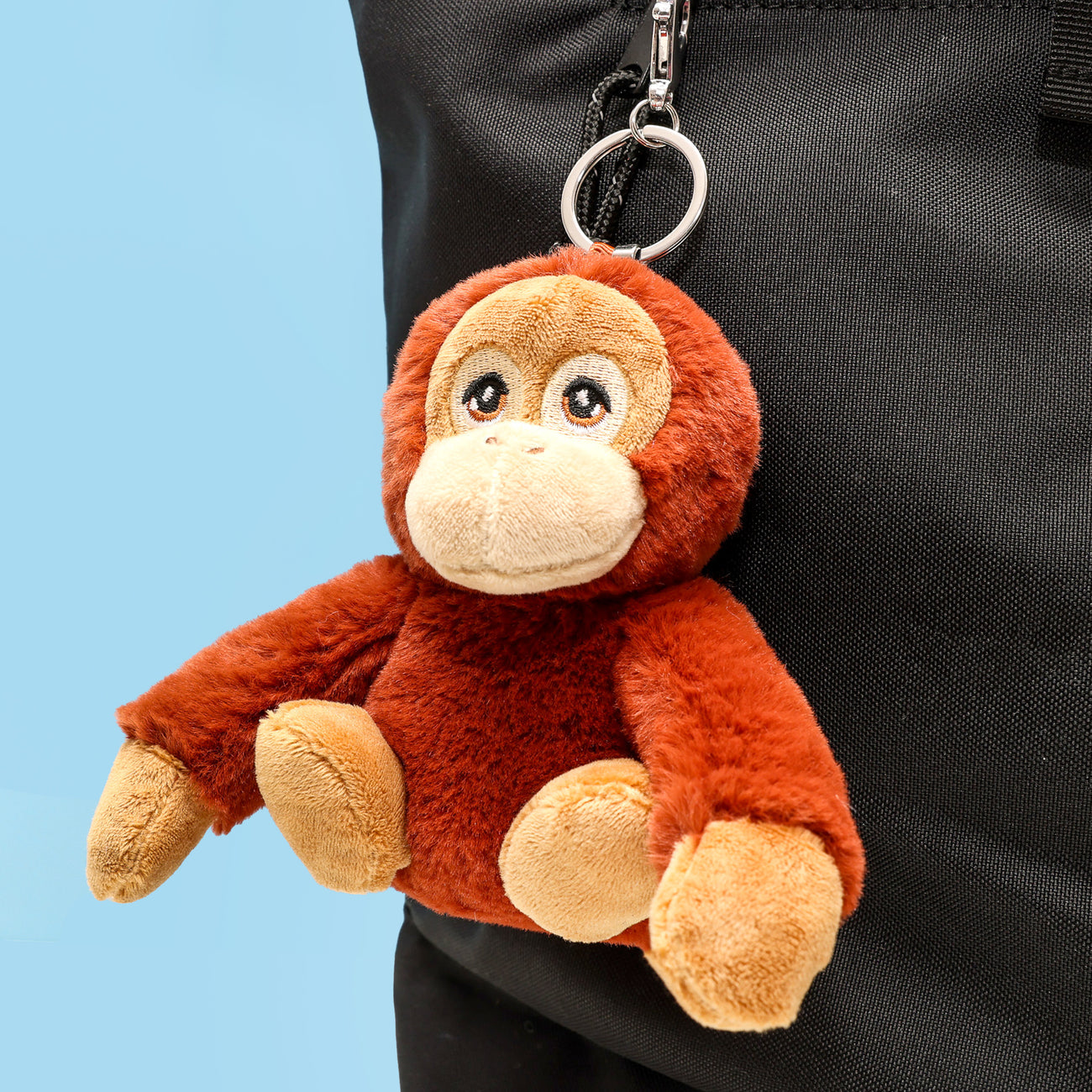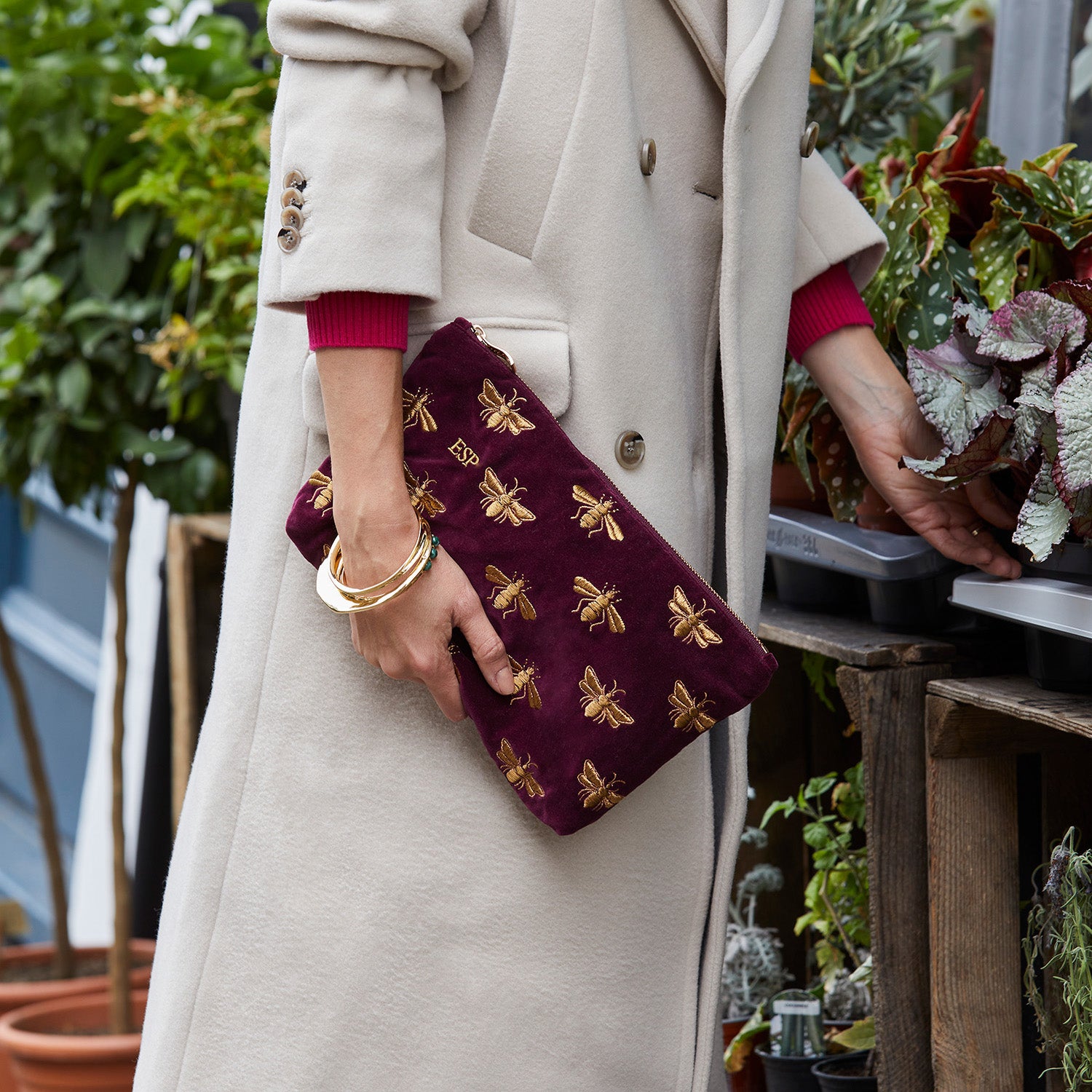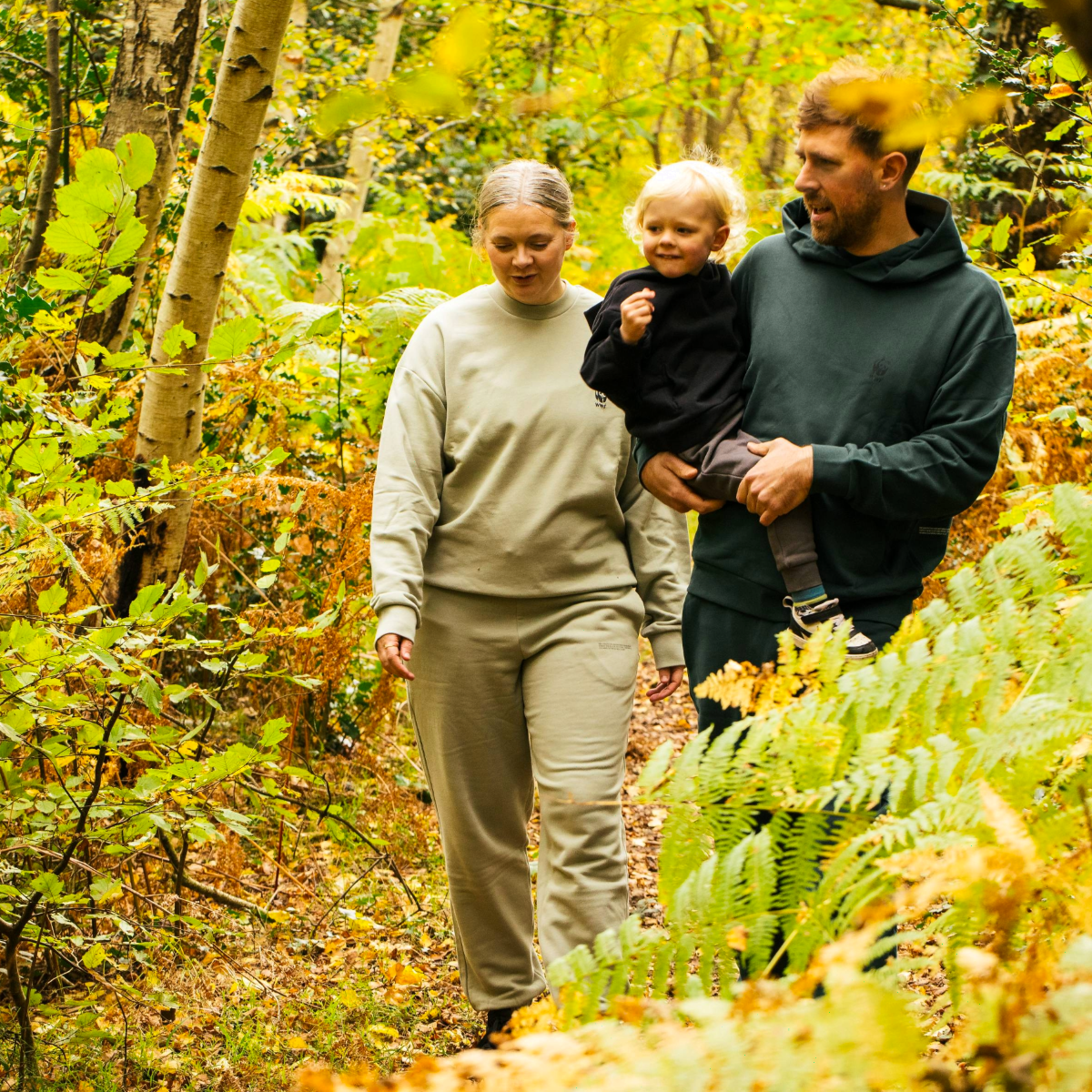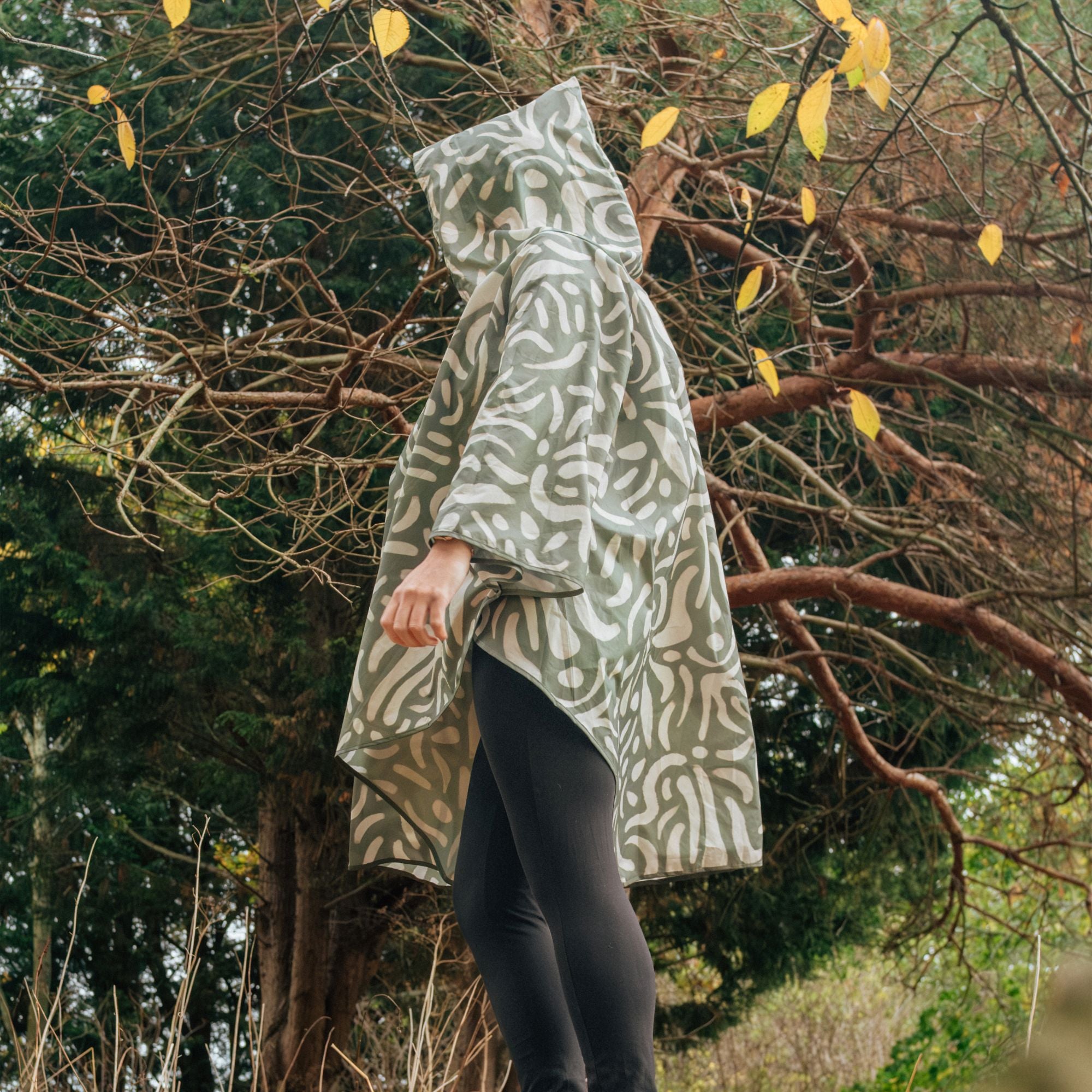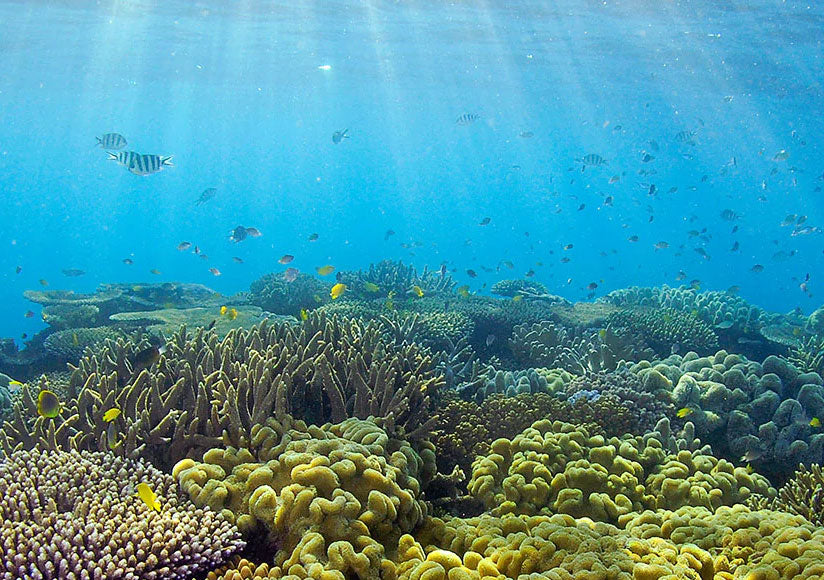Welcome to the WWF shop, a place where everything you buy shows you care about the environment we live in.
All profits support our mission to bring our world back to life, so when you buy our planet-friendly products, you’re doing your part for our planet too.
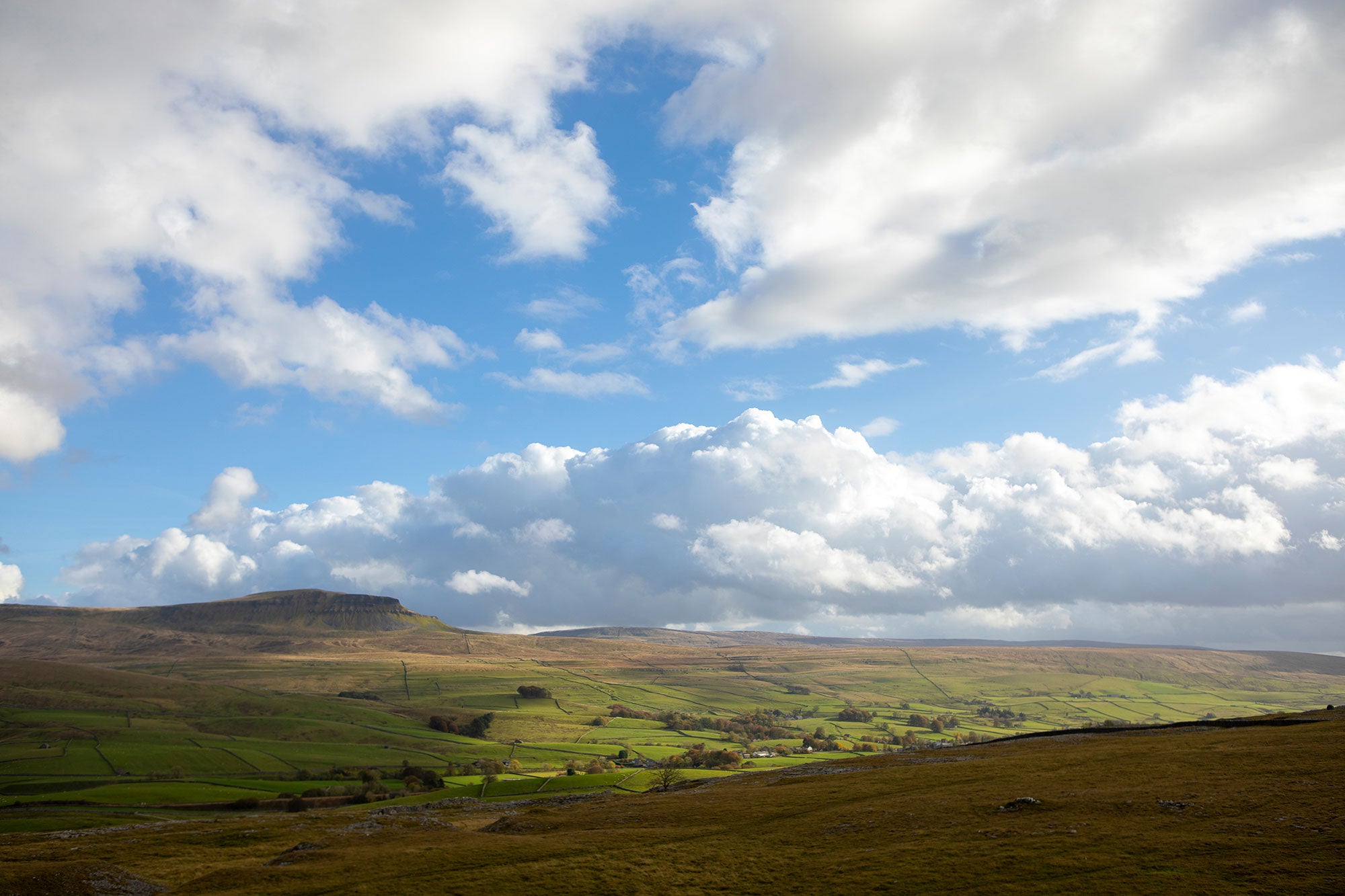
Our product pledge
Our planet is in crisis, and we all need to think carefully about how and what we consume to protect nature in the long-term. For over 60 years, the WWF has been at the forefront of wildlife and environmental conservation, and all our products reflect our care for the natural world.
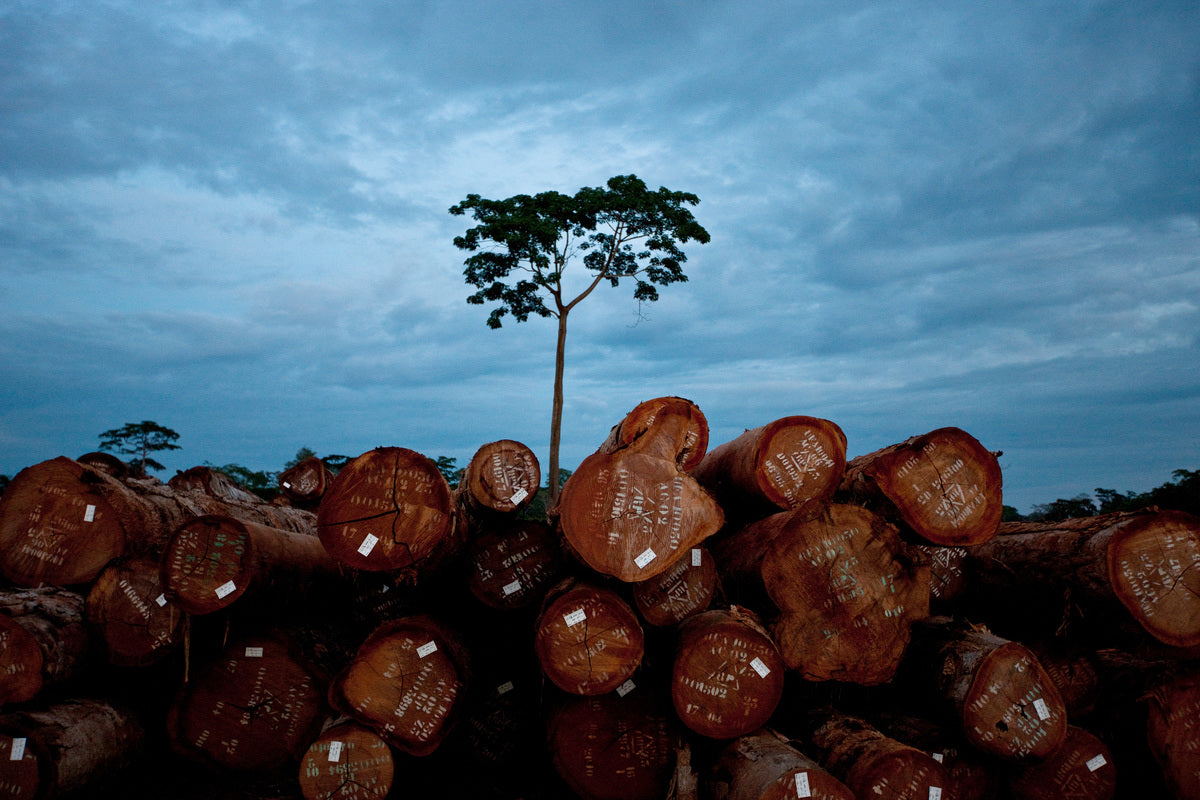
When you shop with us you can be sure we hold ourselves and our suppliers to the highest sustainability standards. We look at the origin and life span of every product, and we knowall about the companies they came from.
Before buying anything in our supply chain, we must know:
- What the product is made from.
We prioritise materials that are certified as organic, globally recycled, fair trade, and responsibly sourced. And we make sure to check production, treatment and packaging. - Where it’s been made.
To lower our carbon footprint, we make sure we prioritise sea freight where possible. We do our best to use local manufacturers and support independent businesses. - Who it's been made by and how.
We want to ensure that our products are made in fair working conditions, with employees who are well cared for and paid fairly. To do this we look for the standards of the Ethical Trading Initiative (ETI), the SA 8000 certificate for social responsibility, or use the online system SEDEX. They employ SMETA ("Sedex Members Ethical Trade Audit") audits to create responsible supply chains.
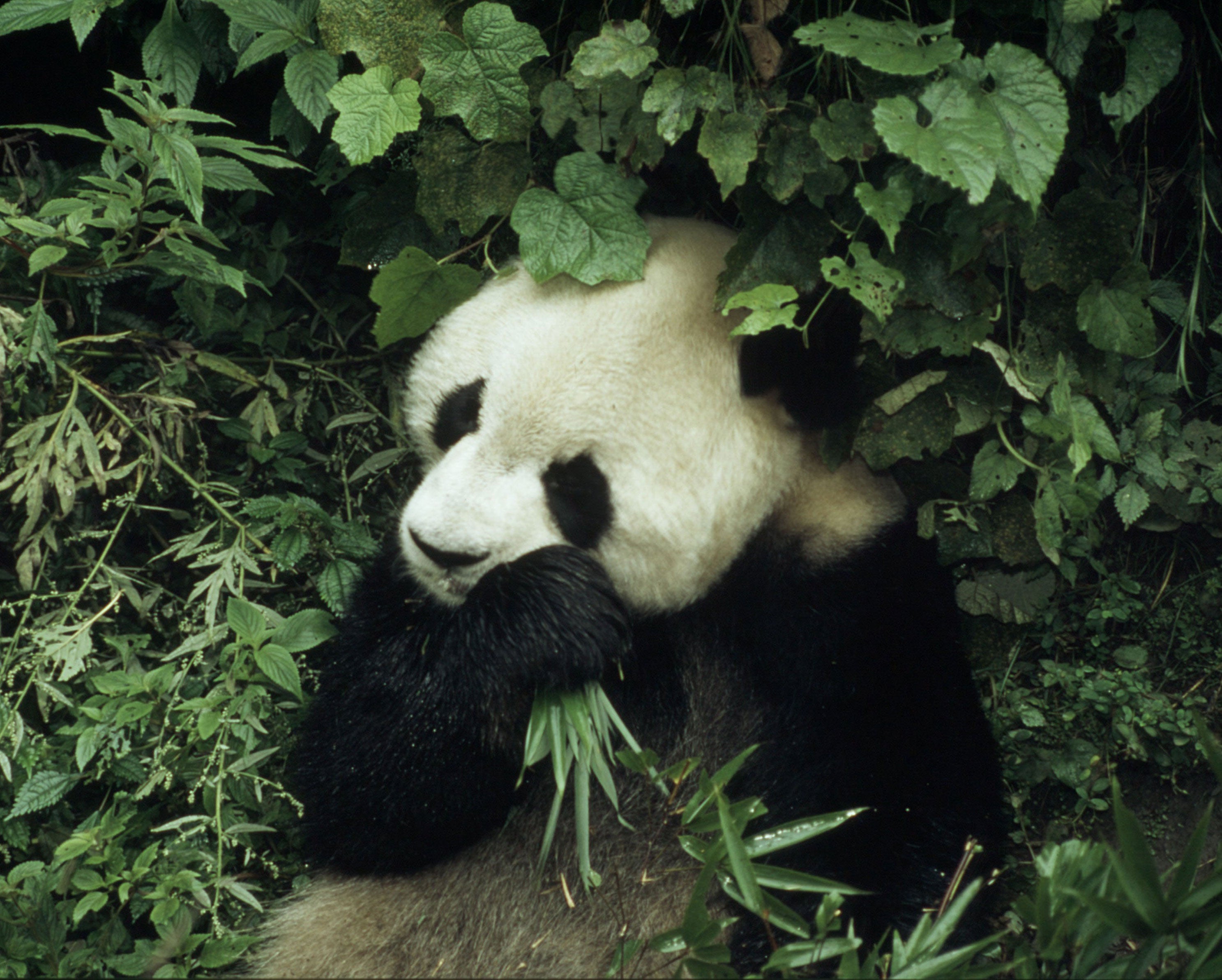
How we limit our impact
Whether hoodie, baby romper or backpack, we ensure everything we sell has been produced to WWF standards. Our checklist includes:
- socially responsible production and ethical procurement
- environmental traceability and life-cycle analysis
- carbon footprint assessment
- compliance with trade certifications
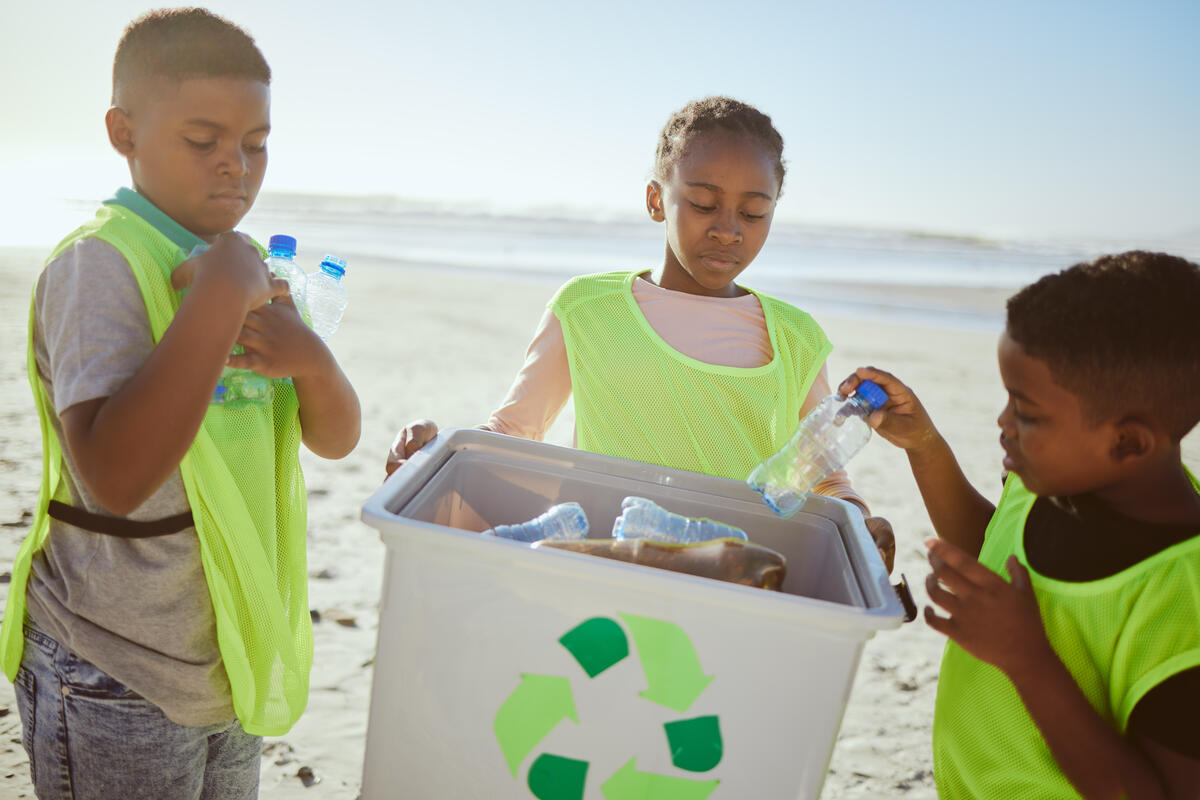
We only stock items which are made from:
- recycled or upcycled materials
- organic materials or ingredients
- certified materials and ingredients such as Fairtrade, BCI (Better Cotton Initiative), or OKEO-TEX fabrics
- AZO-free and natural dyes
- 100% recycled or FSC-certified cardboard, paper, wood and bamboo
- provide an external audit of the factory of production, ideally SEDEX.
Certificates we look out for
